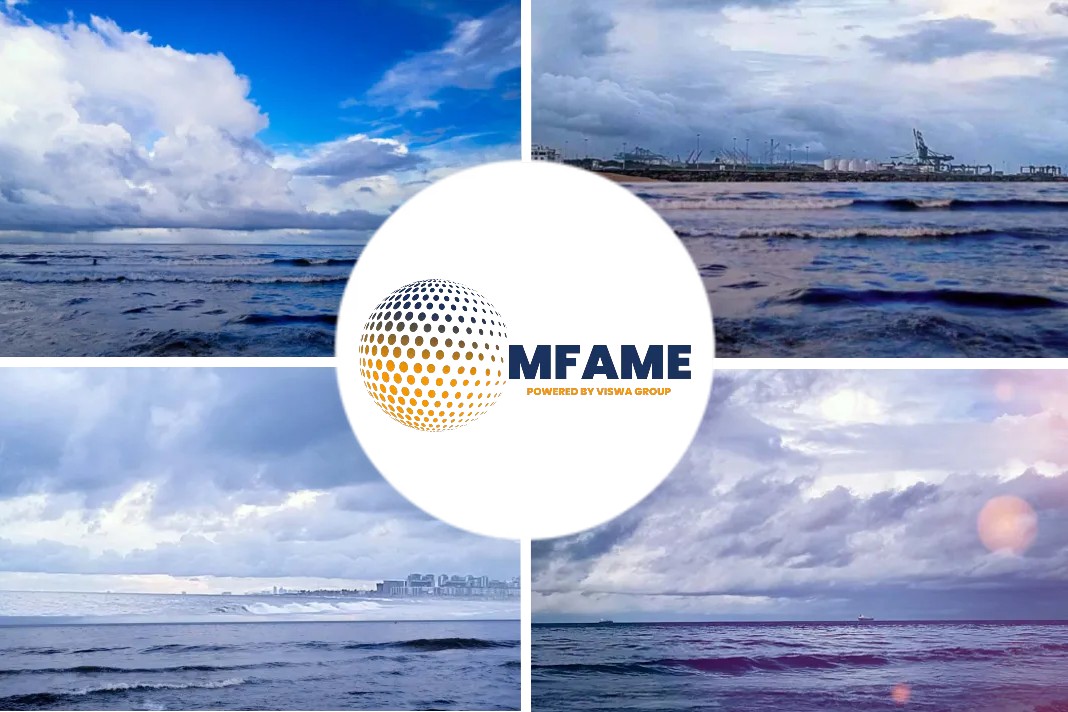
The Global Centre for Maritime Decarbonisation (GCMD) has issued an Invitation-for-Proposal (IFP) to evaluate the safety, technical and operational requirements for offloading shipboard captured carbon dioxide (CO2) during port calls, says an article published on Gas world.
Most effective methods
The study and its results will be used to enable the most effective methods of offloading liquefied CO2 (LCO2) from shipboard capture systems.
End-to-end shipboard
The announcement comes two months after the launch of Project REMARCCABLE (Realising Maritime Carbon Capture to demonstrate the Ability to Lower Emissions) – an initiative by GCMD, the Oil and Gas Climate Initiative (OGCI) and Stena Bulk that aims to demonstrate end-to-end shipboard carbon capture at scale.
Associated challenges
The project leaders were then joined by Alfa Laval, ABS, Deltamarin and TNO to form a consortium for a two-year, three-phase investigation into on-board capture and storage including the offloading of capture CO2 and its associated challenges.
Engineering consultants
Aimed at engineering consultants and classification societies, GCMD’s IFP was issued to accelerate the adoption of shipboard carbon capture and to fast-track the piloting phase of Project REMARCCABLE.
Storage configurations
According to GCMD, its scope encompasses the offloading process of LCO2 captured onboard tankers, bulkers and container liners at a range of temperatures and pressures for transfer to different receptacles, including LCO2-receiving vessels and intermediary storage sites, in ship-to-ship, ship-to-shore (cassette/tank) and ship-to-floating storage configurations.
Technological solution
Commenting on the IFP, Professor Lynn Loo, CEO of the GCMD, said, “GCMD views shipboard carbon capture as an important mid-term technological solution that can help reduce shipping’s greenhouse gas (GHG) emissions.”
Carbon capture
“For shipboard carbon capture technologies to be operationally feasible, the industry needs to develop a value chain for the captured CO2.”
Regulation regimes
The study will also take into consideration any existing policy and regulation regimes that may prevent or enable the exercise.
Stating that it will contribute to the emerging body of knowledge around the complexities of shipboard carbon capture, Loo added that the outcomes of the study will specifically inform sea trials aboard Stena Bulk’s identified MR Tanker as part of phase three of Project REMARCCABLE.
Operational guidelines
Expected to be completed within nine months, the study will then go on to inform industry and help shape regulatory and operational guidelines that could lead to the eventual adoption of shipboard carbon capture technologies.
Did you subscribe to our newsletter?
It’s free! Click here to subscribe!
Source: Gas world
















